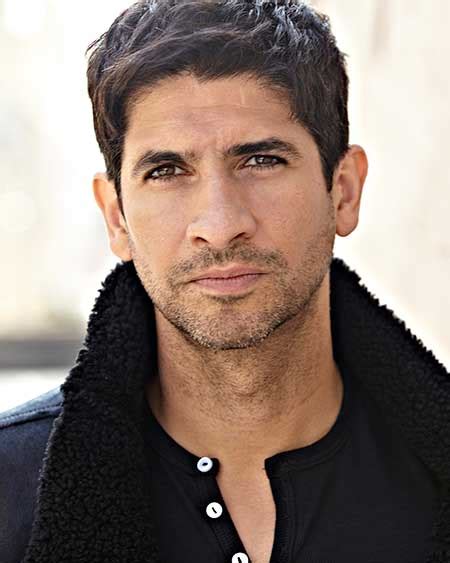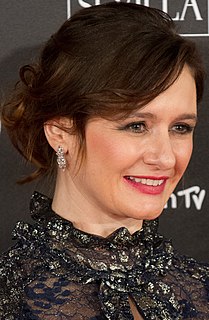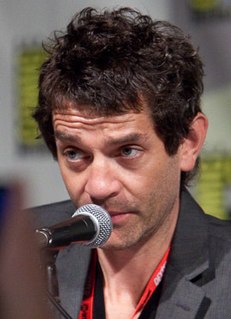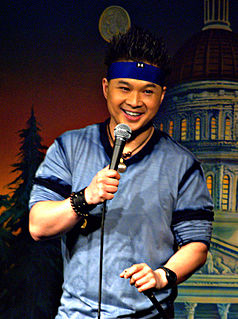A Quote by Margaret Mahy
In a way, the characters often do take over.
Quote Topics
Related Quotes
I think that I write much more naturally about characters in solitude than characters interacting with others. My natural inclination - and one that I've learned to push against - is to give primacy to a character's interior world. Over the three books that I've written, I've had to teach myself that not every feeling needs to be described and that often the most impactful writing more elegantly evokes those unnamed feelings through the way characters speak and behave.
I suppose it's possible that a writer would have feeling for his characters, but I can't see how, because writing is such a meticulous, intricate, technical business. I wish I could say that I love my characters and that frequently they take over the book and run away with the plot and so on. But they don't exist.
You've got all these characters and yet, you're hovering over one character like a fly over a stinky diaper. Realize that you've got a kickass superpower: you can possess and take-over anybody inside the story. With the power of Point-of-View, you can drag us along for the ride. You can shove us into their eyes, their minds, you can force us to piggyback on their experiences past and present. Sometimes untangling a knotted-up tale means looking at it from different eyes: what better eyes than those of the other characters inside the story?

































